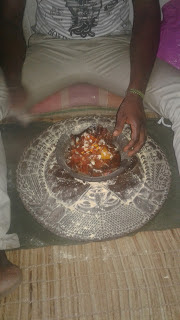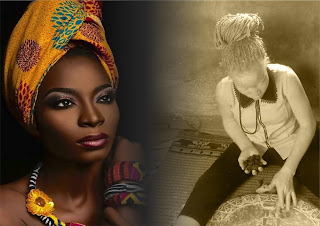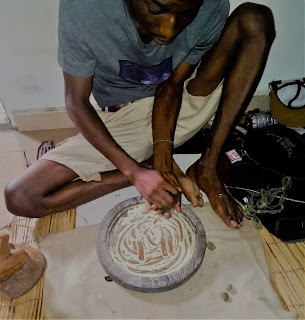What does Etutu means?

Etutu (appeasement) is another type of ebo. This is done primarily to right any or all wrongs in the life of a client. When it had been established that, on a particular issue or problem, the life and destiny of a client is in total conflict, the etutu is prescribed. Etutu is usually prescribed when any situation is becoming unbearable for a client. During the period of imbroglio, etutu is prescribed to bring back normalcy into the community. When there is disaster, etutu is prescribed to put an end to such unfortunate happening. When there is pestilence in a community, etutu is recommended. When divorce rate is too high in a community, etutu is recommended. When the economy of a community is in ruins or the community itself is on the brink of total collapse, etutu is recommended. When there is emotional or mental agony of unprecedented proportion for a client, then etutu is recommended. Etutu is taken from the words “Etu-titu” meaning “to appease”. Etutu is




